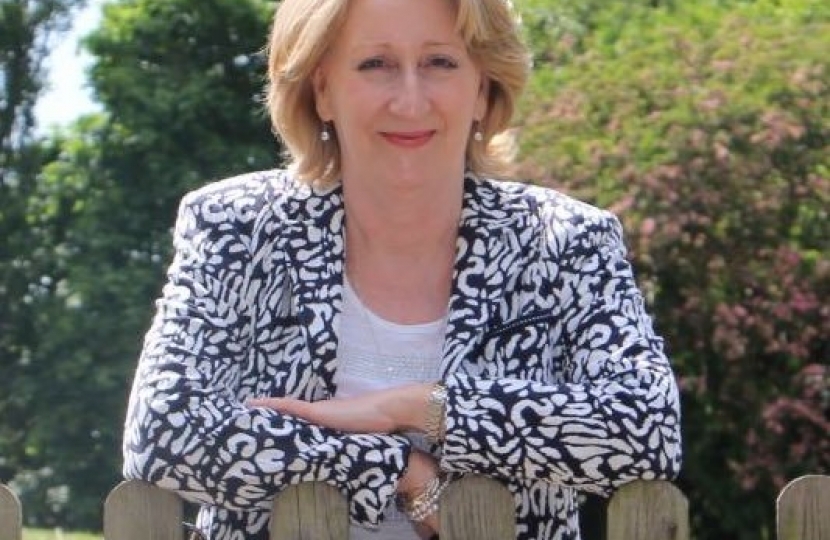
The Conservative Manifesto last year made a number of promises around planning and development. We pledged to reach our target of building 300,000 homes a year by the mid-2020s, simplify the planning system and most importantly make sure that homes are built in the right places and in a way that makes sense to the people already living in that area – including in our community across Cheadle.
Since 2010 there has been a considerable increase in homebuilding. We have delivered a million homes in the last five years in England and last year we delivered the highest number of homes for almost 30 years. But we still need to go further to meet demand.
When we do, it’s vital that a number of benefits for local communities flow from these new developments.
Firstly, these additional homes must be built in the right places. I have always argued that we should not build on our green belt or precious green spaces, and we should robustly defend the principle of ‘brownfield first’ and make it easier to regenerate existing towns and cities. As a Member of the Housing, Communities and Local Government Select Committee I have been pushing the Government to ensure that the principle of brownfield-first development is not undermined and that applications for unsuitable greenfield development can be robustly refused by local authorities.
In addition, infrastructure must also be built before or alongside development. For too long, we’ve seen new houses completed without the roads, schools or GP surgeries even being started. This puts a strain on local services and needs to change.
We also need to acknowledge that we face unprecedented challenges from climate change and loss of biodiversity. We must ensure that we are building only energy efficient homes which use innovative design and technologies to maximise their environmental credentials. New estates should also encourage wildlife to thrive and strive to improve biodiversity.
Finally, we need to give communities a real say in the design of new development in their area. Today new developments are too often ‘out of the box’ with no design considerations for local style or appearance. Consultations with local people can often be little more than a box ticking exercise. Developers should engage properly with local people and let them have a real say about how new developments will look and be organised.
These challenges are formidable but they are certainly not insurmountable. Last week the Government took the first step and published a consultation or ‘White Paper’ on reforming the planning system and tackling these issues.
These proposals will enhance protections for areas designated as green spaces while speeding up development on brownfield and allocated building sites. Land suitable for growth will be approved for development at the same time that local plans are being prepared, meaning new homes, schools, shops and business space can be built quickly and efficiently where they are needed. At the same time, Green Belt land will continue to be protected.
In addition, the simplification and digitisation of the planning system to allow residents to have a clear understanding of the developments in their area and the ability to easily lodge their comments. It will also ensure that local communities are consulted from the very beginning of the planning process.
Other proposals include the enhancement of Neighbourhood Plans, a new simpler national levy for developer contributions and ‘zero carbon ready’ homes to help meet our commitment to net zero by 2050.
Whilst Stockport Metropolitan Borough Council draft our local plan, and the Greater Manchester Spatial Frameworks remains in the pipeline to be presented by Greater Manchester’s Labour Mayor, it is important that the principles of the new White Paper are incorporated into the thinking around these documents.
Details of the consultation and how to respond can be found at: https://www.gov.uk/government/consultations/planning-for-the-future Alternatively you can email your response to the questions in this consultation to [email protected]
The consultation will last for 12 weeks from the 6th August.


